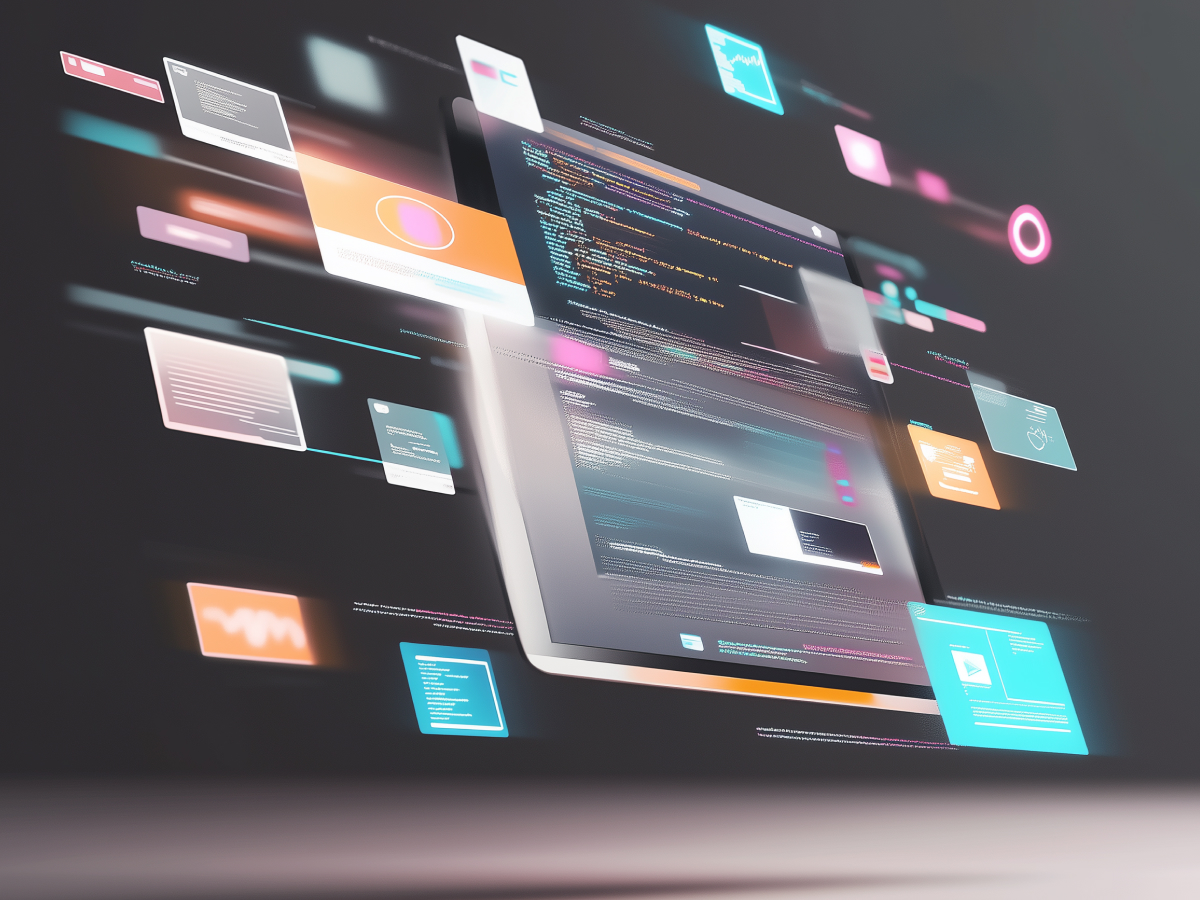Generative AI changes hiring priorities by emphasizing “capable generalists”
For years, organizations have funneled resources into chasing hyper-specialized technical experts. These are brilliant individuals with deep expertise in AI model building, system design, and development. But the growth of generative AI flips the script. Instead of solely focusing on those who build the systems, we’re seeing tremendous value in those who know how to interact with them.
Think of capable generalists. These are not the “jack-of-all-trades” types but professionals who excel at asking insightful questions, structuring prompts, and pushing AI tools to achieve meaningful results. Such a shift matters because generative AI tools are becoming democratized, easier to access, less dependent on elite technical skills, and more embedded into everyday workflows. The winners in this new hiring paradigm are people who can frame challenges creatively and direct AI to tackle them.
Does this mean specialists are becoming obsolete? Not at all. The demand for roles like AI model developers and operations specialists remains high. Experts are the architects of the systems we rely on but the power dynamics are shifting. The emphasis on extracting value from tools rather than just building them means we’re heading toward a more balanced hiring strategy, where generalists and specialists sit at the same table.
The big takeaway? Generalists who master the art of using AI, combined with specialists who build the foundation, will form the ultimate workforce for the future.
Generative AI makes work smarter, faster, and more focused
Repetitive tasks are the enemy of progress. They drain energy and kill creativity. With generative AI, businesses now have the tools to cut through that inefficiency like never before. Imagine automating processes like data entry, report generation, or routine client communications, all the things that bog down high-performing teams. What happens when you take those tasks off someone’s plate? You open up bandwidth for big ideas and strategic thinking.
Here’s the thing: AI isn’t here to replace workers, it’s here to support them. Freed from the grind of mundane duties, knowledge workers can redirect their focus to innovation, problem-solving, and building relationships. This is about expanding human potential. It means your top performers can operate in their zone of genius, doing the kind of work that drives revenue, improves customer experience, and solidifies your company’s position in the market.
Companies that get this right, those that integrate AI thoughtfully and systematically, are pulling ahead. They’re faster, leaner, and more creative. And let’s not forget about innovation. When employees aren’t chained to repetitive tasks, they’re more likely to experiment, take risks, and push boundaries.
AI will be ingrained in workflows by 2025
Fast-forward to 2025, and AI isn’t going to be a separate tool you use occasionally. It’ll be woven into the fabric of how we work. Think about it, everyday software, from spreadsheets to project management platforms, already has AI baked in. By 2025, those integrations will become so smooth that AI will feel like second nature to employees.
Why does this matter? Because ease of adoption is everything. People resist change when it feels disruptive or hard to learn. But when AI is part of the tools they already know, the barriers drop. Employees become more confident in navigating AI, learning how to spot accurate results, and recognizing when something needs a human touch.
For businesses, this ubiquity changes the game. No more clunky rollouts or long training sessions to get teams up to speed. Instead, AI will improve workflows organically. It will help teams work smarter, adapt faster, and make better decisions. Companies that embrace this integration will thrive in a competitive market that rewards agility and innovation.
And for those still on the fence, let’s be clear: this is coming, whether you’re ready or not. By 2025, the companies that fully embrace AI in their workflows will set the standard for what modern work looks like.





